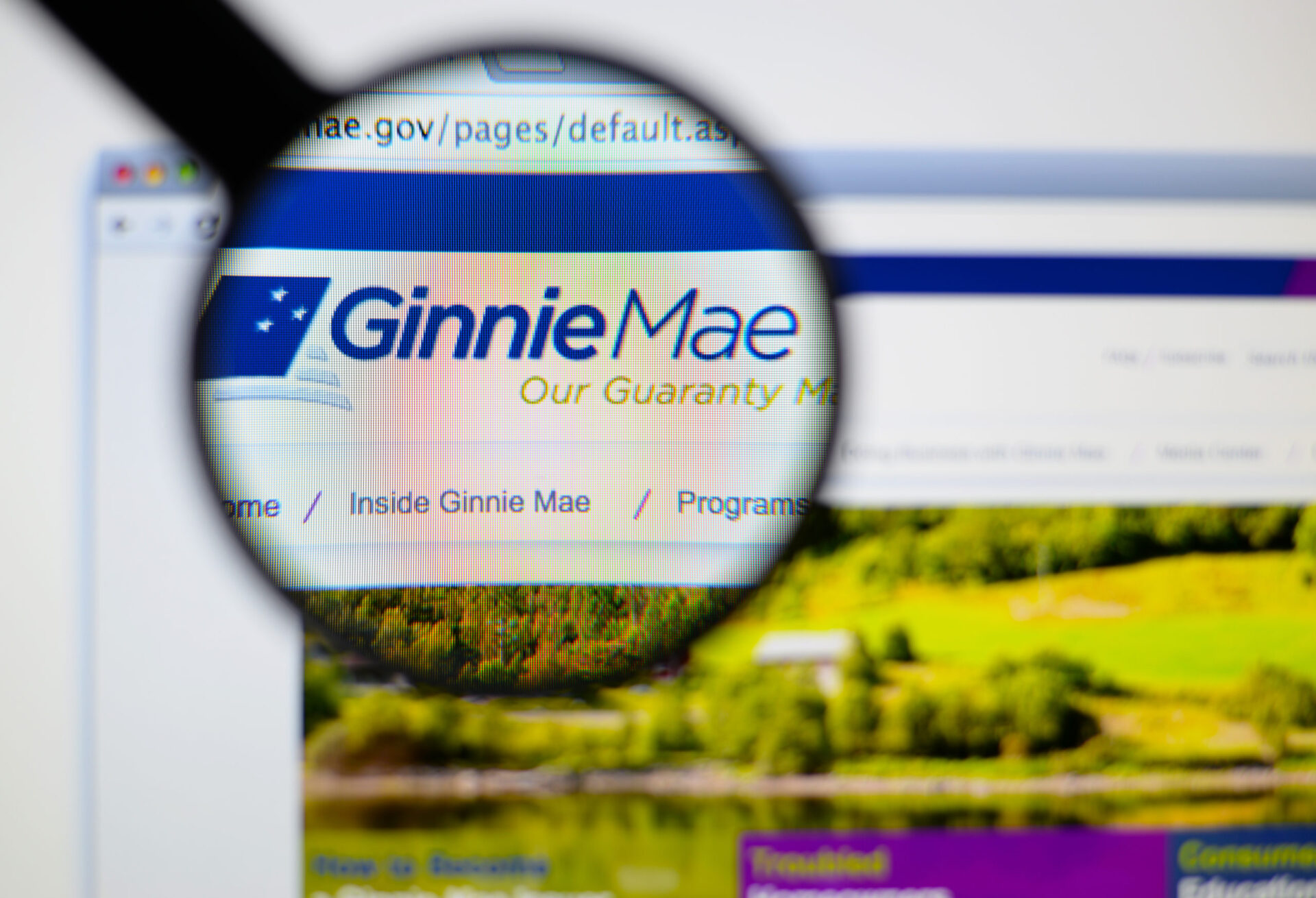Ginnie Mae announced that it would support non-bank mortgage lenders with the cash they need to weather the coronavirus after Congress left the institutions out of the $2 trillion relief bill.
The regulator, which typically backs mortgages to first-time home buyers and low-income borrowers, said Friday it would treat the coronavirus pandemic like it does other natural disasters. This will help lenders pay creditors even if homeowners take advantage of forbearance, which allows them to put off mortgage payments for at least six months if they suffer economic hardship during the pandemic.
“Ginnie Mae has the authority to make changes to the requirements of our program, and we are using those powers to tailor the existing disaster pass-through assistance programs to more suitably scale to the needs of this national emergency,” Ginnie Mae Principal Executive Vice President Seth Appleton said in a blog post.
Substantial Burden
The Mortgage Bankers Association estimates that the burden on lenders could range from $75 billion to $100 billion or higher if one-quarter of borrowers take advantage of forbearance for six months or longer.
The legislation signed into law on Friday, however, only protects traditional bank lenders by providing taxpayer funds to ensure mortgage companies can still pay creditors. It specifically says relief is for traditional banks – “insured, depository institutions, bank holding company, or any affiliate thereof.”
That would exclude non-bank institutions, whose loans are largely backed by the Veterans Administration and Ginnie Mae and serve lower-income Americans.
“MBA commends Ginnie Mae for its intention to create this program, which will allow many servicers to better help consumers affected by the coronavirus via mortgage payment forbearance,” MBA President and CEO Bob Broeksmit said. “MBA looks forward to continuing to work with Ginnie Mae and other policymakers and stakeholders on ways to best protect consumers during this pandemic.”
Before Ginnie Mae acted, critics warned that the legislation threatened the existence of non-bank lenders.
“Non-bank-owned servicers have no access to liquidity/funding from the Federal Reserve,” analyst Josh Rosner said. “This bill is truly unjust as it changes the rules and tells private, non-bank, servicers that they will be required to advance the mortgage payments and interest to investors for up to a year with no help or support from the government. Unless they receive a liquidity facility, this action will kill most independent lenders and small mortgage originators.”
